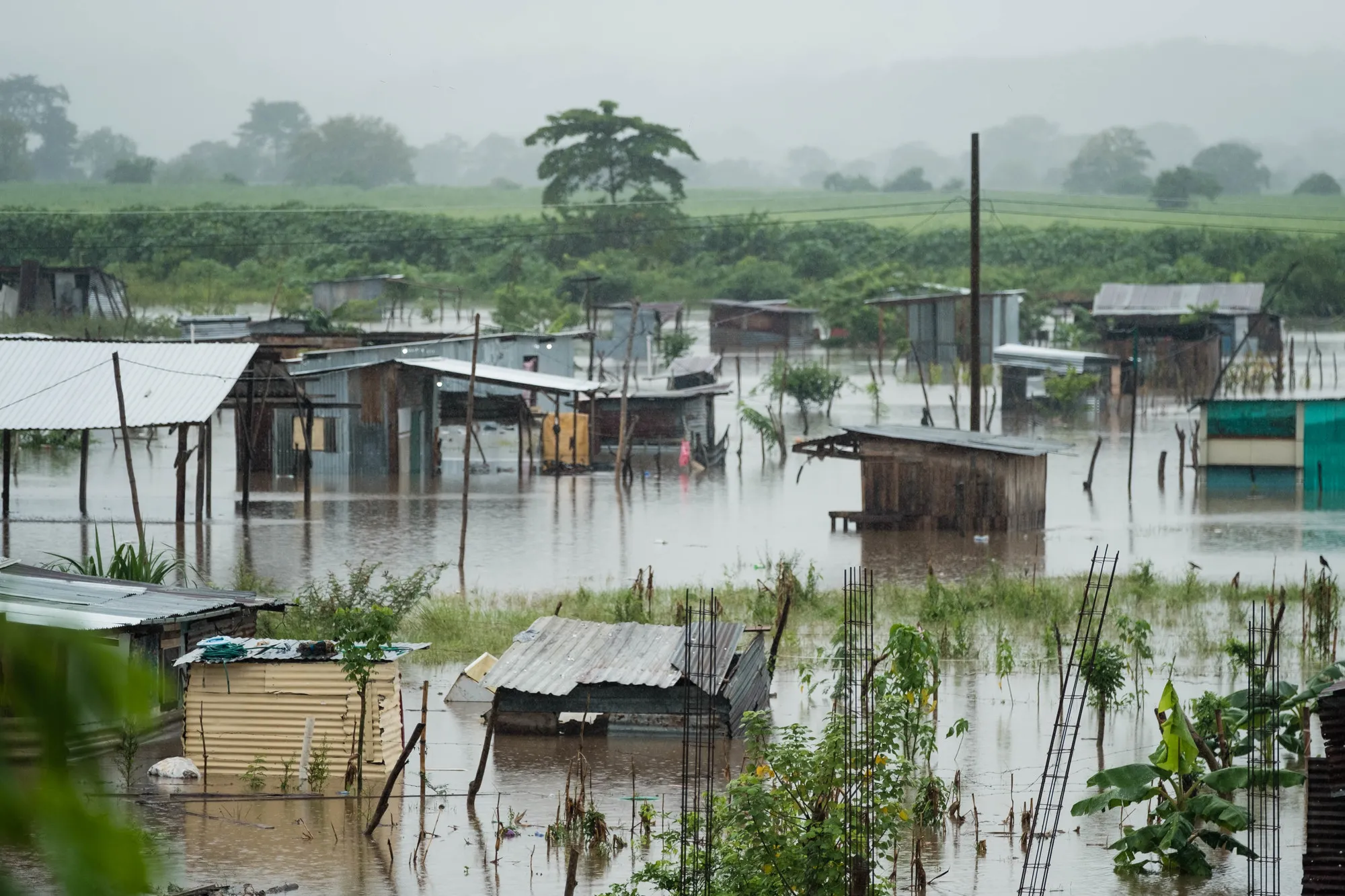Tuesday October 26, The Hague, Netherlands – The COP26 UN Climate Change Conference in Glasgow must bring clarity on how developed countries will deliver on their climate finance obligations up to and beyond 2025, so marginalised communities have the means to cope with the escalating humanitarian crisis caused by climate change.
The climate finance Delivery Plan presented by developed countries on Monday projects that climate finance will amount to a little more than $500bn for the years 2021-2025, which will not make up the total shortfall in money owed to developing countries. Additionally, it has no timeline on achieving the commitment to balance climate finance for adaptation and mitigation.
Post-2025 finance goal negotiations are also scheduled to begin at COP26, and must discuss the need for additional loss and damage finance for countries hit the hardest by extreme weather and slow onset climate impacts.
Sven Harmeling, CARE International’s Global Policy Lead for Climate Change, said:
“Climate change, even below the fundamental limit of 1.5°C, exacerbates a cycle of poverty and inequality that is very hard to get out of, unless vulnerable communities receive financial support that enables them to adapt, build resilience, and recover from loss and damage. The insufficient climate finance delivery plan presented by developed countries contains too many assumptions and uncertainties, and it must not be the final word. At COP26, governments must agree on clear next steps which ensure that developed countries go further and do not continue to break their commitment, but live up to it. Delivery on climate finance will help trigger increased ambition elsewhere.”
Compounded by COVID-19 and vaccine inequity, the severity of climate impacts has taken an unprecedented toll on poorer countries in 2021, driving humanitarian crises and exposing how the climate crisis acts as a threat multiplier, with far-reaching effects relating to conflict, gender inequality, health, displacement and food security. In June 2021, the UN World Food Programme announced that Madagascar was in the grips of the world’s first famine directly attributed to climate change. Between 1933 and 2019, Madagascar contributed cumulatively less than 0.01% of all carbon dioxide emissions generated, according to the Global Carbon Project.
Evah Haririsoa, from SAF/FJKM, a Malagasy NGO and a local partner of CARE International in Madagascar, said:
“We have already invested years in adaptation and strengthening Malagasy community resilience, but our capacity is very limited. We cannot do it on our own. The Malagasy community in the south of the country faces a terrible drought and the situation has taken a bad turn since 2018. Food insecurity, what we commonly call ‘kere’, persists in this part of the country. In the north, where the majority of people are farmers, huge numbers of people have lost their livelihoods because of floods and cyclones. Madagascar needs investment and capacity strengthening from international society so that in the future, we will be strong enough to act independently and carry our country to climate resilience.”
Instead of being based on loans, all climate finance to support countries on the frontline of the climate emergency should be grant-based and additional to Official Development Assistance targets. This finance must also be reported fairly and transparently, which CARE research has shown is not always the case, and scale up efforts to be gender equality, with 50% for adaptation. Currently only around 25% of overall annual climate finance has been allocated to adaptation, according to the OECD.
Marlene Achoki, Global Policy Co-Lead for Climate Justice, said:
“Adaptation finance has to be accessible to those who need it. Instead of being viewed as vulnerable ‘victims’, women and girls are key change agents who can be further empowered to implement their own solutions. Governments must ensure that adaptation is a core element of long-term climate change strategies. Adaptation activities should be gender equality, and support women and men living in poverty with access to resources and decision-making processes. Currently the Global Goal on Adaptation contained in Article 7 of the Paris Agreement is far too vague, and the COP must agree to define metrics for measuring progress and steps to scale up adaptation finance.”
For more details on CARE’s policy positions see here. The 26th UN Climate Change Conference of the Parties is being hosted by the UK and will take place in Glasgow from 31 October to 12 November.
For More Information Contact:
Rachel Kent
CARE Senior Press Officer
Rachel.Kent@care.org

